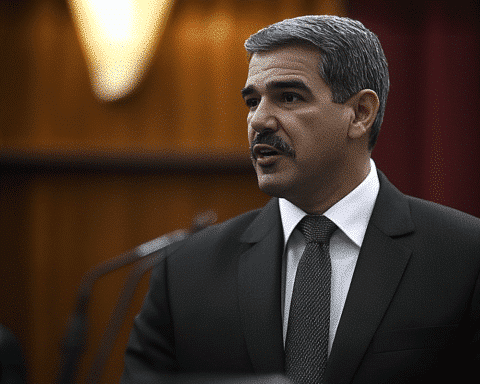In a recent wave of scrutiny, Sir Keir Starmer, the Prime Minister, has found himself at the center of controversy following allegations of cronyism linked to several government appointments. These allegations emerged after a series of Labour-aligned figures were appointed to key positions through expedited procedures, which have been criticized by the Conservative Party as favoritism.
The core of the controversy surrounds the employment of individuals closely linked to the Labour Party in roles typically reserved for apolitical civil servants. Among these appointments was Labour’s largest donor, Lord Waheed Alli, who was granted a temporary pass to Downing Street. This pass, according to government sources, was for assisting with transition tasks necessary for the new administration and has since expired.
Additionally, the appointments include Ian Corfield, a Labour donor who was assigned a role within the Treasury to facilitate an upcoming investment summit scheduled for October. It has been disclosed that following public outcry, Corfield’s role will be unpaid. Moreover, a researcher from a Labour-affiliated think tank and a former consultant from a lobbying firm—who had previously been seconded to the office of the Technology Secretary Peter Kyle—were also recruited into senior civil service positions.
These positions, according to the administration, were filled under special exceptions that allow for the fast-tracking of appointments in cases where candidates possess unique, highly-specialized skills, or are hired for short-term roles. This fast-track route has been utilized over a hundred times in the past year, a fact that has fueled the current controversy.
Defending the government’s approach, Starmer emphasized the urgency of reconstructing the governmental foundation swiftly to address the preceding administration’s failures. He noted the importance of having competent individuals in crucial roles to expedite this process. The Prime Minister firmly rejected any lectures from Conservative members, reflecting on their previous governance that, in his view, had detrimental impacts on the nation.
In a further development that underscores the tension within the current administration, the government recently announced a reset in the search for a new national security adviser. This comes after the decision to retract the appointment of Major General Gwyn Jenkins, who was slated to replace Sir Tim Barrow. While the specifics behind Jenkins’ dismissal remain undisclosed, Downing Street assured that the new selection process would be open and transparent.
The Prime Minister’s stern defense of his recruitment choices and the restart of the national security adviser selection process signal a firm stance on reshaping his administration swiftly and effectively, despite the growing criticism. These decisions highlight the ongoing struggles within British politics as new leadership attempts to distance itself from the controversies and operational styles of past governments. The outcome of these turbulent times will likely shape the effectiveness and perception of Starmer’s term in office as he navigates through these complex political waters.




